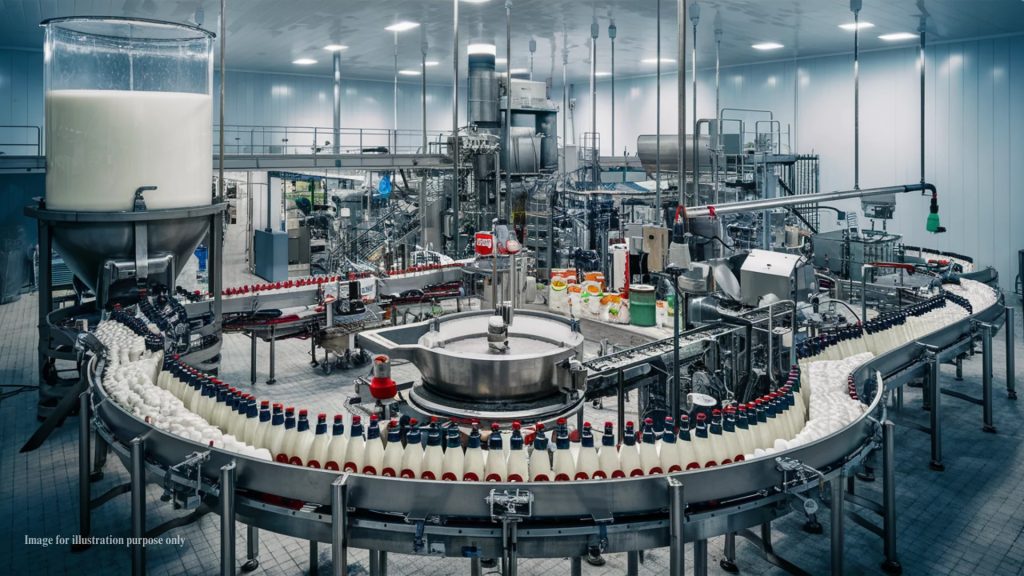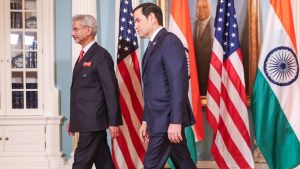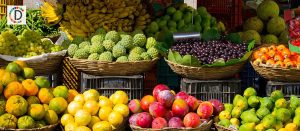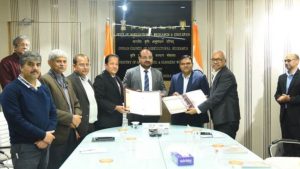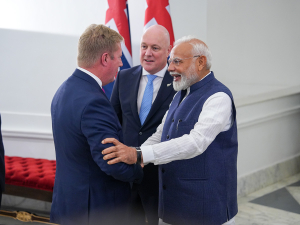
Commerce Minister Piyush Goyal asserts the unwavering protection of farmers, dairy, and workers in ongoing, complex trade negotiations, notably with the US and EU.
India’s Commerce and Industry Minister, Piyush Goyal, has strongly affirmed that the nation will not permit any trade agreement to compromise the interests of its farmers, dairy producers, and workforce. Speaking at the Udyog Samagam 2025, the Minister stressed the government’s commitment to securing a “fair, equitable, and balanced trade deal” in all negotiations, underscoring the political and economic importance of safeguarding sensitive domestic sectors from aggressive foreign competition. This firm stance is crucial for international dairy analysts and manufacturers assessing the future accessibility of the vast Indian market.
The primary focus of this protectionist strategy is currently the proposed bilateral trade agreement with the United States. Minister Goyal noted that negotiations are ongoing, with five rounds already completed, but emphasized that the pace will be dictated by the need to ensure a beneficial outcome for India. An official source added that this negotiation aims to be a “most comprehensive and detailed and WTO compliant trade deal,” signaling India’s intent to uphold international standards while vigorously protecting its strategic agricultural and labor sectors.
Beyond the US talks, India is actively advancing negotiations on several other key fronts. Discussions for the India-New Zealand Free Trade pact are reported to be nearing completion, with the New Zealand Trade Minister scheduled to visit soon to provide further momentum. Additionally, talks with the European Union (EU) on a trade pact are also progressing, with the EU Trade Commissioner expected to visit in December. These multiple concurrent negotiations highlight India’s proactive strategy in reshaping its global trade relationships.
In a move to diversify export opportunities, the government is also strategically seeking new markets for other key agricultural products. Specifically, the Minister mentioned exploring Russia as a potential new destination for India’s fishery sector, which has been challenged by high tariffs in existing major markets like the United States. This search for alternative trading routes demonstrates a broader policy of mitigating sector-specific risks through geographical diversification.
The overall message to the international community is clear: India’s participation in global trade is contingent upon the protection of domestic livelihoods. The government is preparing for all eventualities—whether a deal is concluded soon or takes more time—but will not hasten the process at the expense of its dairy industry and other vital sectors. For global dairy companies eyeing market access, this implies that major trade concessions in the dairy category remain highly unlikely in the foreseeable future.
Source: Consult the full report on India’s trade policy stance published by Millennium Post.
You can now read the most important #news on #eDairyNews #Whatsapp channels!!!
🇮🇳 eDairy News ÍNDIA: https://whatsapp.com/channel/0029VaPidCcGpLHImBQk6x1F
